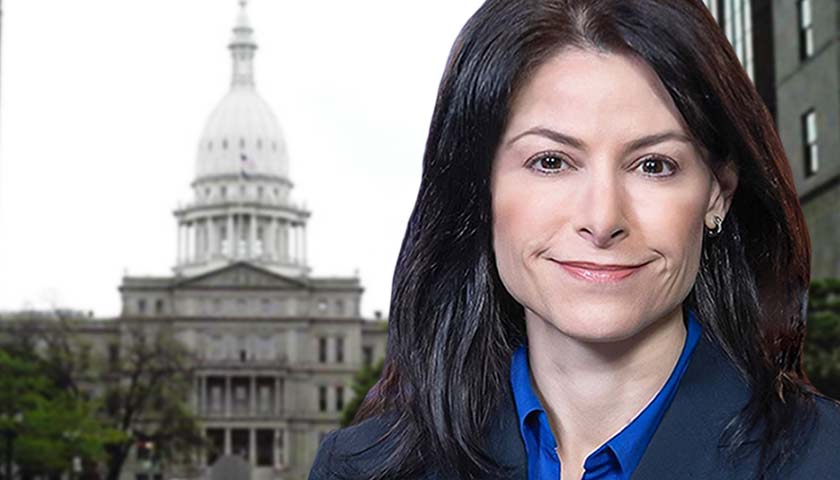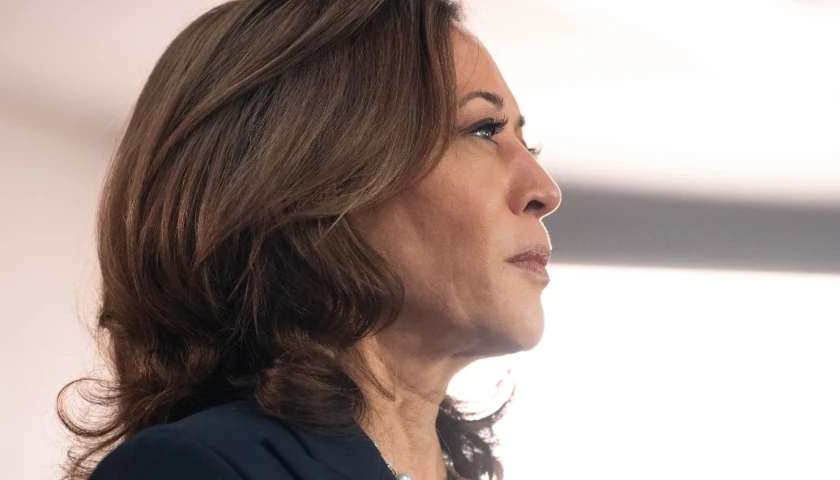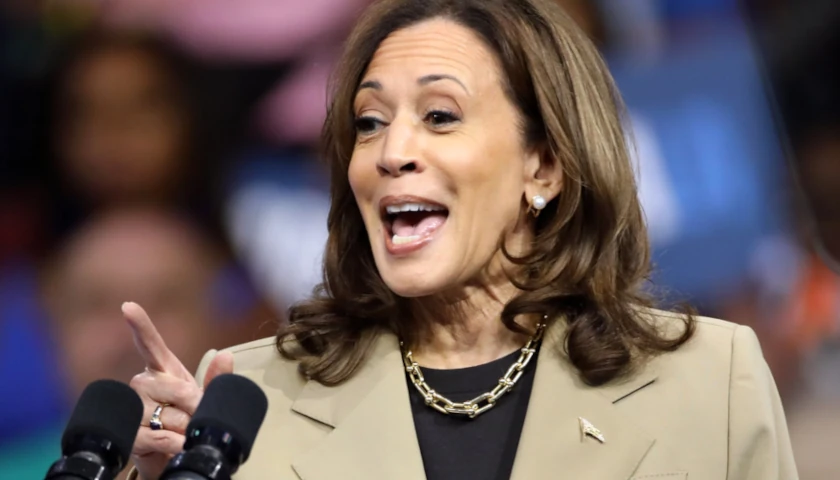by Scott McClallen
Michigan’s government is expected to receive part of $81 million from two multi-state opioid settlements later this month.
“I am relieved the court ruled in accordance with the law, and I thank the judge for the keen attention she paid to this important matter,” Michigan Attorney General Dana Nessel said in a statement. “It’s critical that communities throughout Michigan are indemnified for the harm they suffered due to the recklessness of the opioid manufacturers and distributors. The frivolous challenge by Ottawa County delayed millions of dollars from being put to good use to help Michigan residents our communities recover.”
The settlement money’s distribution was expected to begin in the fourth quarter of 2022 but was held up by legal challenges brought by the Ottawa County Commission.
However, Wayne County Circuit Judge Patricia Fresard granted Nessel’s request for summary disposition, clearing any roadblocks with the settlement distributions, which could begin as soon as Jan. 31.
The $81 million encompasses the first three payments of these settlements. Since September, the National Settlement Administrator has provided three Notices of Payment totaling about $81.6 million. Ottawa County had disputed all three payments, which held up payments to all local governments.
Michigan is anticipating over $1.45 billion from opioid settlements, including some still processing.
The opioid settlement funds that Michigan receives will be directed to the Michigan Opioid Healing and Recovery Fund. The Legislature created this fund in 2022.
The settlement requires the three distributors collectively to pay up to $21 billion over 18 years. The total funding distributed will be determined by the overall degree of participation by both litigating and non-litigating state and local governments. The substantial majority of the money is to be spent on opioid treatment and prevention.
Each state’s share of the funding was determined by agreement using a formula accounting for the state’s population and the impact of the crisis- the number of overdose deaths, the number of residents with substance use disorder, and the number of opioids prescribed.
The injunctive relief requires Cardinal, McKesson, and AmerisourceBergen, through court orders, to:
- Establish a centralized independent clearinghouse to provide all three distributors and state regulators with aggregated data and analytics about where drugs are going and how often, eliminating blind spots in the current systems used by distributors.
- Use data-driven systems to detect suspicious opioid orders from customer pharmacies.
- Terminate customer pharmacies’ ability to receive shipments, and report those companies to state regulators, when they show certain signs of diversion.
- Prohibit shipping of and report suspicious opioid orders.
- Prohibit sales staff from influencing decisions related to identifying suspicious opioid orders.
The court order requires Johnson & Johnson to stop selling opioids, not fund or provide grants to third parties for promoting opioids, not lobby on opioid-related activities, and to share clinical trial data under the Yale University Open Data Access Project.
– – –
Scott McClallen is a staff writer covering Michigan and Minnesota for The Center Square. A graduate of Hillsdale College, his work has appeared on Forbes.com and FEE.org. Previously, he worked as a financial analyst at Pepsi.
Photo “Dana Nessel” by Dana Nessel.





